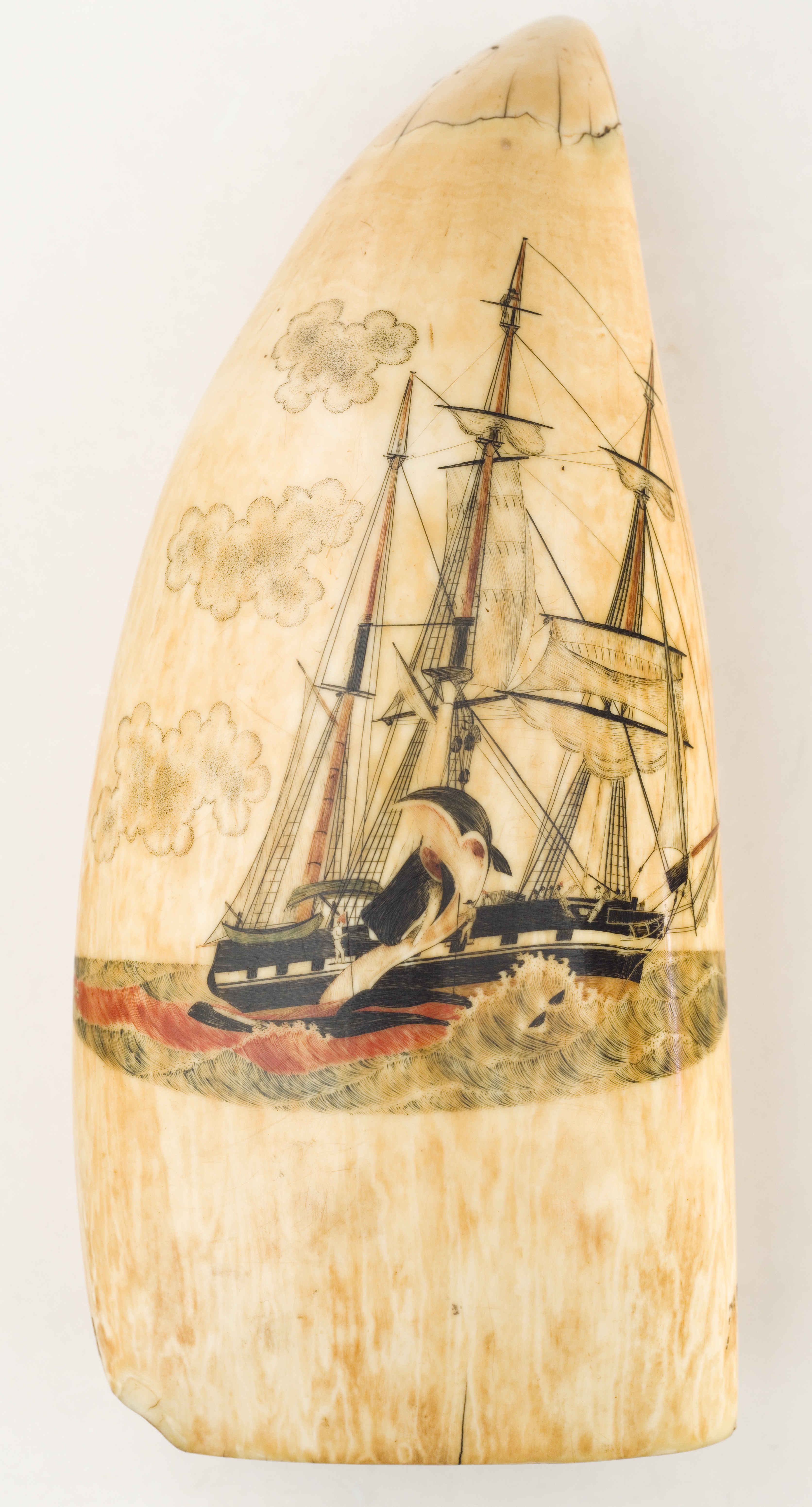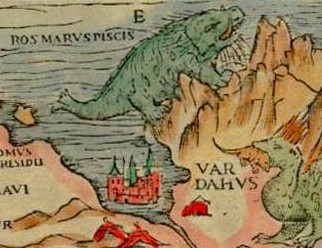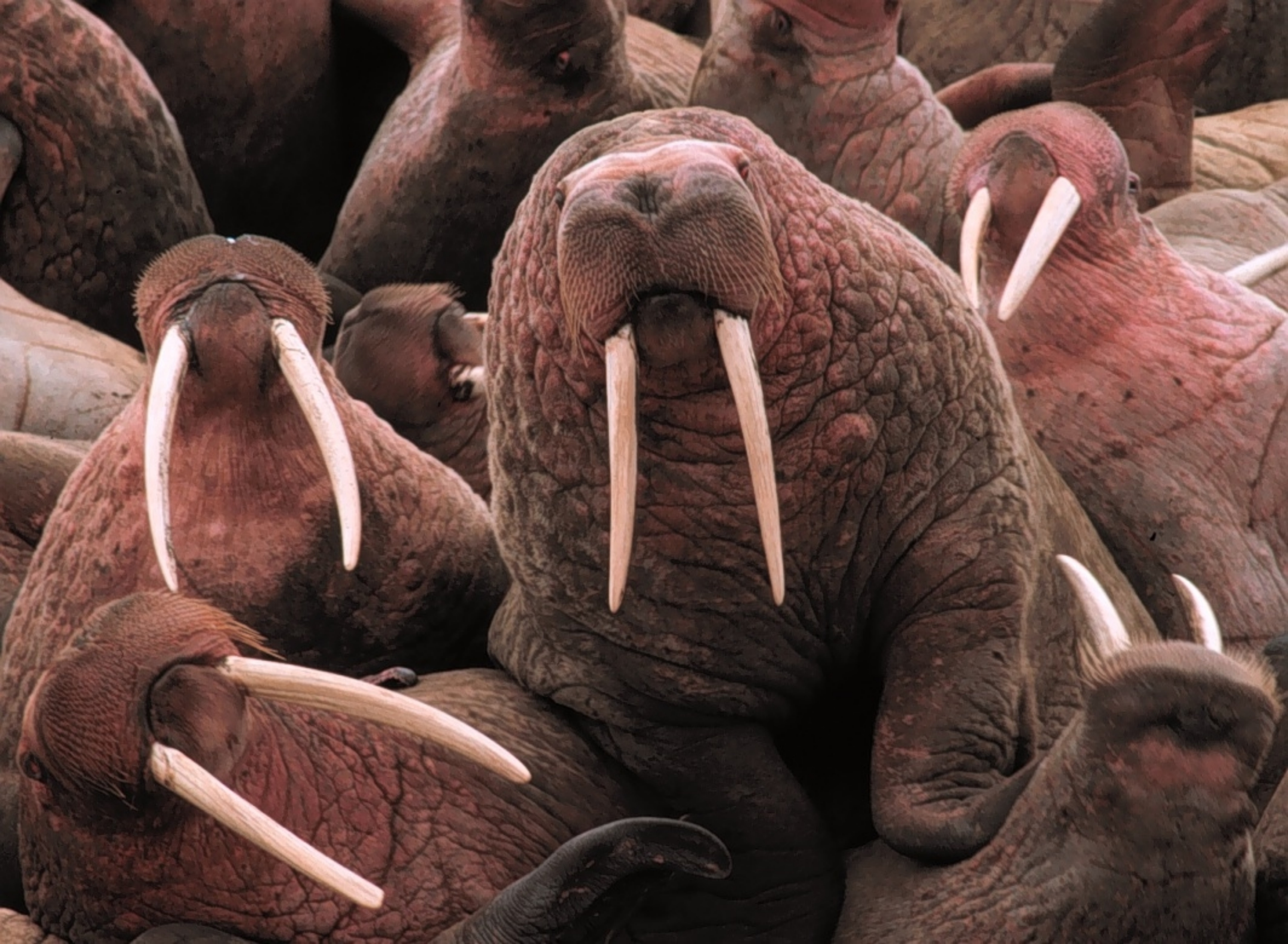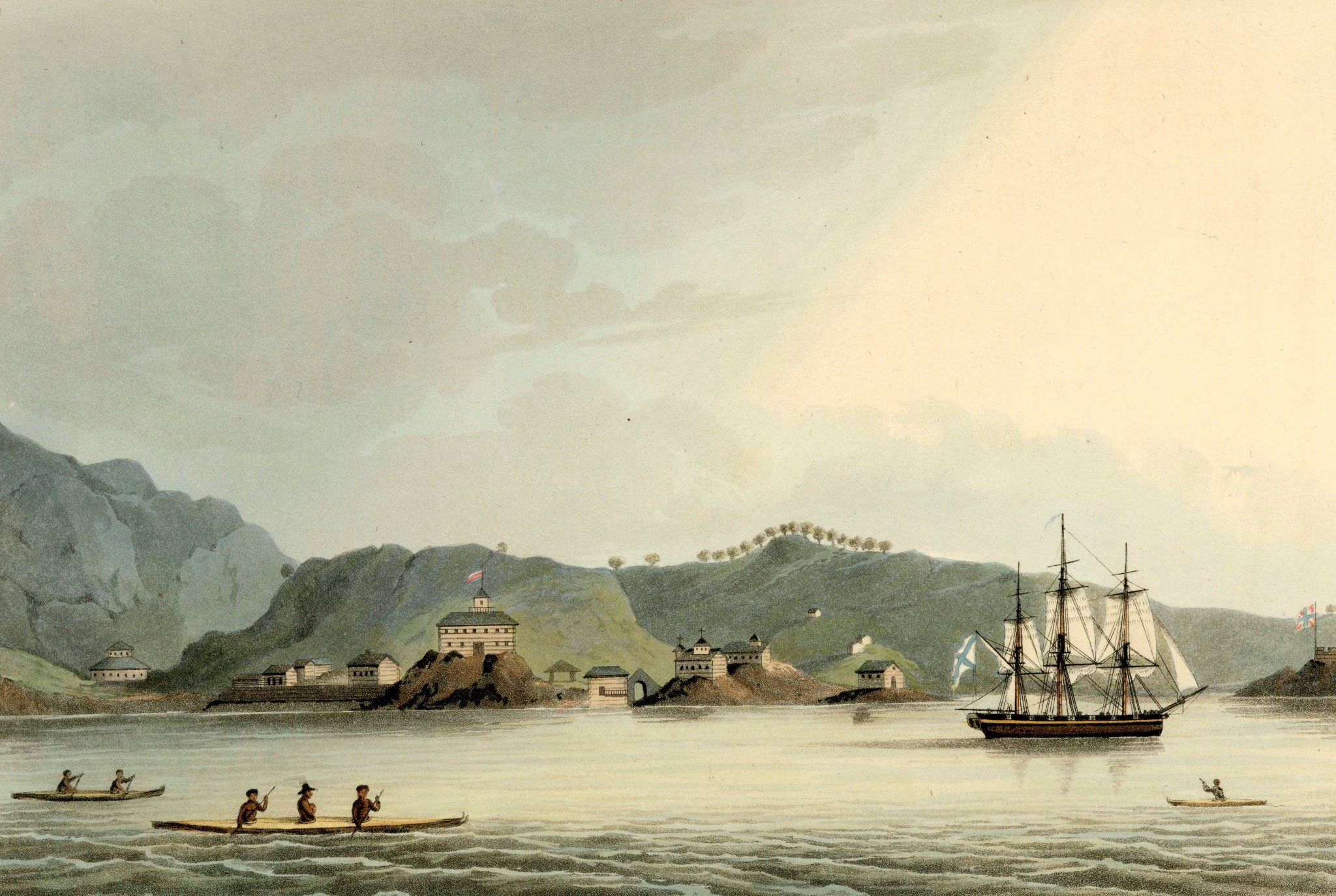|
Scrimshaw
Scrimshaw is scrollwork, engravings, and carvings done in bone or ivory. Typically it refers to the artwork created by whalers, engraved on the byproducts of whales, such as bones or cartilage. It is most commonly made out of the bones and teeth of sperm whales, the baleen of other whales, and the tusks of walruses. It takes the form of elaborate engravings in the form of pictures and lettering on the surface of the bone or tooth, with the engraving highlighted using a pigment, or, less often, small sculptures made from the same material. However, the latter really fall into the categories of ivory carving, for all carved teeth and tusks, or bone carving. The making of scrimshaw probably began on whaling ships in the late 18th century and survived until the ban on commercial whaling. The practice survives as a hobby and as a trade for commercial artisans. A maker of scrimshaw is known as a ''scrimshander''. The word first appeared in the logbook of the brig ''By Chance'' in 1 ... [...More Info...] [...Related Items...] OR: [Wikipedia] [Google] [Baidu] [Amazon] |
Sperm Whale
The sperm whale or cachalot (''Physeter macrocephalus'') is the largest of the toothed whales and the largest toothed predator. It is the only living member of the Genus (biology), genus ''Physeter'' and one of three extant species in the sperm whale superfamily Physeteroidea, along with the pygmy sperm whale and dwarf sperm whale of the genus ''Kogia''. The sperm whale is a pelagic mammal with a worldwide range, and will migrate seasonally for feeding and breeding. Females and young males live together in groups, while mature males (bulls) live solitary lives outside of the mating season. The females cooperate to protect and Lactation, nurse their young. Females give birth every four to twenty years, and care for the calves for more than a decade. A mature, healthy sperm whale has no natural predators, although calves and weakened adults are sometimes killed by Cetacea#Social relations, pods of killer whales (orcas). Mature males average in length, with the head represent ... [...More Info...] [...Related Items...] OR: [Wikipedia] [Google] [Baidu] [Amazon] |
Tooth
A tooth (: teeth) is a hard, calcified structure found in the jaws (or mouths) of many vertebrates and used to break down food. Some animals, particularly carnivores and omnivores, also use teeth to help with capturing or wounding prey, tearing food, for defensive purposes, to intimidate other animals often including their own, or to carry prey or their young. The roots of teeth are covered by gums. Teeth are not made of bone, but rather of multiple tissues of varying density and hardness that originate from the outermost embryonic germ layer, the ectoderm. The general structure of teeth is similar across the vertebrates, although there is considerable variation in their form and position. The teeth of mammals have deep roots, and this pattern is also found in some fish, and in crocodilians. In most teleost fish, however, the teeth are attached to the outer surface of the bone, while in lizards they are attached to the inner surface of the jaw by one side. In cartila ... [...More Info...] [...Related Items...] OR: [Wikipedia] [Google] [Baidu] [Amazon] |
Ivory
Ivory is a hard, white material from the tusks (traditionally from elephants) and Tooth, teeth of animals, that consists mainly of dentine, one of the physical structures of teeth and tusks. The chemical structure of the teeth and tusks of mammals is the same, regardless of the species of origin, but ivory contains structures of mineralised collagen. The trade in certain teeth and tusks other than elephant is well established and widespread; therefore, "ivory" can correctly be used to describe any mammalian teeth or tusks of commercial interest which are large enough to be carved or scrimshawed. Besides natural ivory, ivory can also be produced synthetically, hence (unlike natural ivory) not requiring the retrieval of the material from animals. Tagua nuts can also be carved like ivory. The trade of finished goods of ivory products has its origins in the Indus Valley. Ivory is a main product that is seen in abundance and was used for trading in Harappan civilization. Finished iv ... [...More Info...] [...Related Items...] OR: [Wikipedia] [Google] [Baidu] [Amazon] |
Bone Carving
file:Alaska Grasendes Karibu c1910 Linden-Museum.jpg, Grazing caribou made in Alaska 1910 - Linden Museum Bone carving is creating art, tools, and other goods by carving bone, animal bones, antlers, and horn (anatomy), horns. It can result in the ornamentation of a bone by engraving, painting or another technique, or the creation of a distinct formed object. Bone carving has been practiced by a variety of world cultures, sometimes as a cheaper, and recently a legal, substitute for ivory carving. As a material it is inferior to ivory in terms of hardness, and so the fine detail that is possible, and lacks the "lustrous" surface of ivory. The interior of bones are softer and even less capable of a fine finish, so most uses are as thin plaques, rather than sculpture in the round. But it must always have been much easier to obtain in regions without populations of elephants, walrus or other sources of ivory. It was important in prehistoric art, with notable figures like the '' ... [...More Info...] [...Related Items...] OR: [Wikipedia] [Google] [Baidu] [Amazon] |
Walrus Scrimshaw
The walrus (''Odobenus rosmarus'') is a large pinniped marine mammal with discontinuous distribution about the North Pole in the Arctic Ocean and subarctic seas of the Northern Hemisphere. It is the only extant species in the family Odobenidae and genus ''Odobenus''. This species is subdivided into two subspecies: the Atlantic walrus (''O. r. rosmarus''), which lives in the Atlantic Ocean, and the Pacific walrus (''O. r. divergens''), which lives in the Pacific Ocean. Adult walrus are characterised by prominent tusks and whiskers, and considerable bulk: adult males in the Pacific can weigh more than and, among pinnipeds, are exceeded in size only by the two species of elephant seals. Walrus live mostly in shallow waters above the continental shelves, spending significant amounts of their lives on the sea ice looking for benthic zone, benthic bivalvia, bivalve Mollusca, molluscs. Walruses are relatively long-lived, social animals, and are considered to be a "keystone species" ... [...More Info...] [...Related Items...] OR: [Wikipedia] [Google] [Baidu] [Amazon] |
Walrus
The walrus (''Odobenus rosmarus'') is a large pinniped marine mammal with discontinuous distribution about the North Pole in the Arctic Ocean and subarctic seas of the Northern Hemisphere. It is the only extant species in the family Odobenidae and genus ''Odobenus''. This species is subdivided into two subspecies: the Atlantic walrus (''O. r. rosmarus''), which lives in the Atlantic Ocean, and the Pacific walrus (''O. r. divergens''), which lives in the Pacific Ocean. Adult walrus are characterised by prominent tusks and whiskers, and considerable bulk: adult males in the Pacific can weigh more than and, among pinnipeds, are exceeded in size only by the two species of elephant seals. Walrus live mostly in shallow waters above the continental shelves, spending significant amounts of their lives on the sea ice looking for benthic bivalve molluscs. Walruses are relatively long-lived, social animals, and are considered to be a " keystone species" in the Arctic marine regio ... [...More Info...] [...Related Items...] OR: [Wikipedia] [Google] [Baidu] [Amazon] |
Bone
A bone is a rigid organ that constitutes part of the skeleton in most vertebrate animals. Bones protect the various other organs of the body, produce red and white blood cells, store minerals, provide structure and support for the body, and enable mobility. Bones come in a variety of shapes and sizes and have complex internal and external structures. They are lightweight yet strong and hard and serve multiple functions. Bone tissue (osseous tissue), which is also called bone in the uncountable sense of that word, is hard tissue, a type of specialised connective tissue. It has a honeycomb-like matrix internally, which helps to give the bone rigidity. Bone tissue is made up of different types of bone cells. Osteoblasts and osteocytes are involved in the formation and mineralisation of bone; osteoclasts are involved in the resorption of bone tissue. Modified (flattened) osteoblasts become the lining cells that form a protective layer on the bone surface. The mine ... [...More Info...] [...Related Items...] OR: [Wikipedia] [Google] [Baidu] [Amazon] |
Busk (corsetry)
A busk (also spelled busque) is a rigid element of a corset at the centre front of the garment. Two types exist, one- and two-part busks. Single-piece busks were used in " stays" and bodices from the sixteenth to early nineteenth centuries and were intended to keep the front of the corset or bodice straight and upright. They were typically made of wood, ivory, or bone slipped into a pocket and tied in place with a lace called the ''busk point''. These busks were often carved and decorated, or inscribed with messages, and were popular gifts from men to women during courtship. Busks made from whale baleen first appear in the wardrobe accounts of Elizabeth I Elizabeth I (7 September 153324 March 1603) was List of English monarchs, Queen of England and List of Irish monarchs, Ireland from 17 November 1558 until her death in 1603. She was the last and longest reigning monarch of the House of Tudo ... in the 1580s. In the middle of the nineteenth century, a new form of busk ap ... [...More Info...] [...Related Items...] OR: [Wikipedia] [Google] [Baidu] [Amazon] |
Alaska
Alaska ( ) is a non-contiguous U.S. state on the northwest extremity of North America. Part of the Western United States region, it is one of the two non-contiguous U.S. states, alongside Hawaii. Alaska is also considered to be the northernmost, westernmost, and easternmost (the Aleutian Islands cross the 180th meridian into the eastern hemisphere) state in the United States. It borders the Canadian territory of Yukon and the province of British Columbia to the east. It shares a western maritime border, in the Bering Strait, with Russia's Chukotka Autonomous Okrug. The Chukchi and Beaufort Seas of the Arctic Ocean lie to the north, and the Pacific Ocean lies to the south. Technically, it is a semi-exclave of the U.S., and is the largest exclave in the world. Alaska is the largest U.S. state by area, comprising more total area than the following three largest states of Texas, California, and Montana combined, and is the seventh-largest subnational division i ... [...More Info...] [...Related Items...] OR: [Wikipedia] [Google] [Baidu] [Amazon] |








